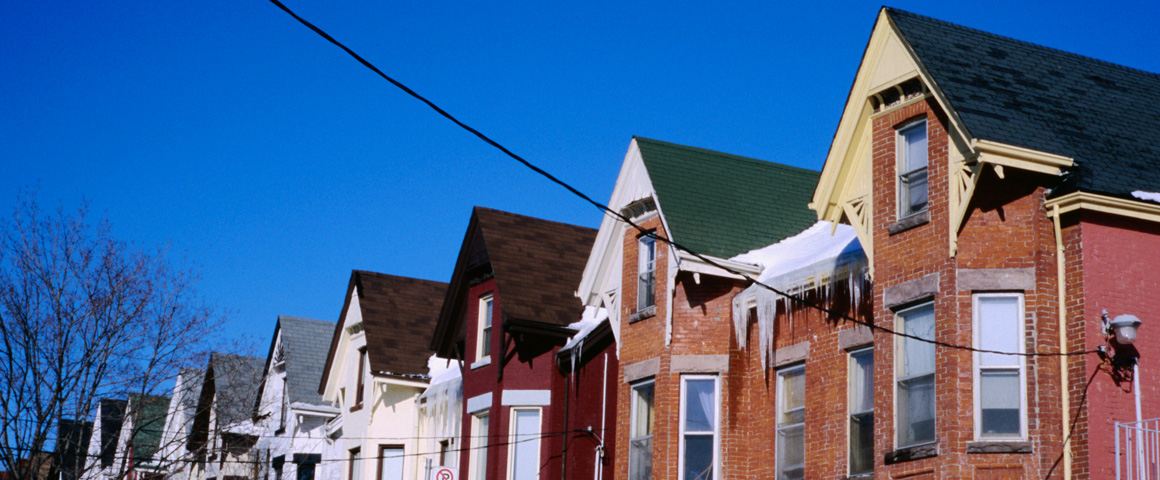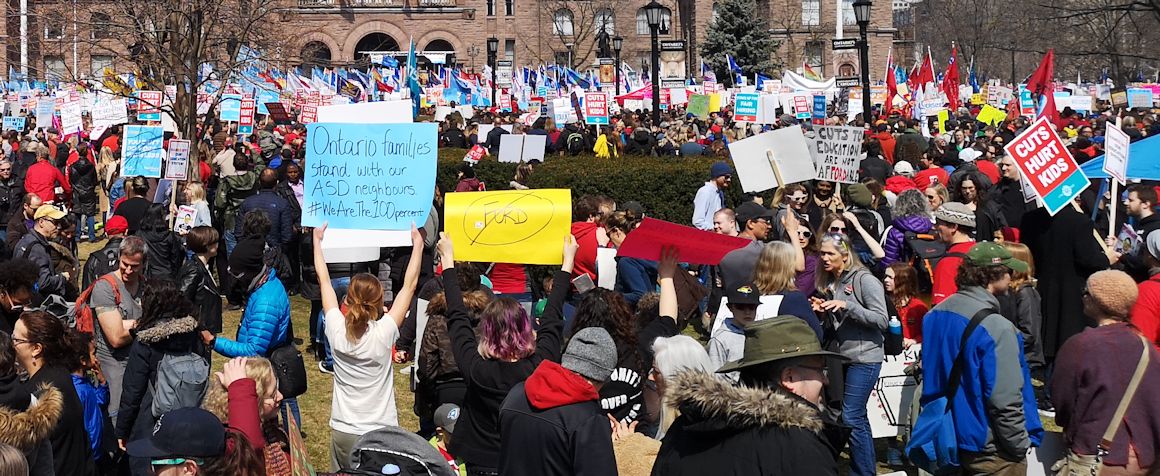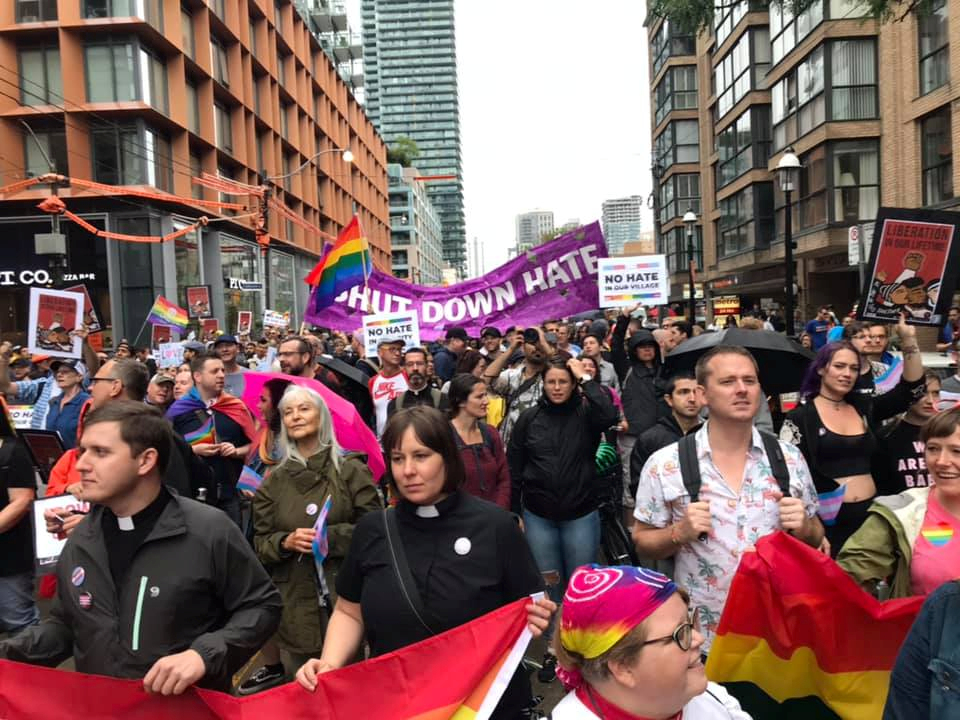Communist Party calls for comprehensive response to crisis; PV Ontario Bureau
As in much of the country, Ontario is in the midst of a housing crisis that continues to deteriorate. In all areas of the province, housing costs are soaring, with an average purchase price of $520,000. For tenants, costs are even worse – the provincial average for renting a one-bedroom apartment was nearly $12,000 per year in 2015.
According to a report by the Ontario Non-Profit Housing Association, over 170,000 households in the province were on waiting lists for rent-geared-to-income (RGI) housing in 2015, an increase of 45,000 households over the decade. Waiting times for RGI applicants have increased to a provincial average of just over five years, with applicants in some urban areas expecting to wait up to 14 years to be housed.
Furthermore, the proportion of rent controlled housing is diminishing rapidly as provincial rent control legislation does not apply to units created after 1991.
The Ontario government’s response to this crisis is Bill 204, Promoting Affordable Housing Act, 2016. The centerpiece of this legislation is “inclusionary zoning,” which empowers municipalities to require developers to temporarily reserve a portion of new units for low- to moderate-income households. In exchange, developers receive multiple economic and financial incentives to developers such as waived development charges, lower taxes and fees, fewer regulatory restrictions, and sale of public land at low prices.
The depth and duration of the housing crisis has led some activists to applaud Bill 204 and parrot the government’s claim that inclusionary zoning (IZ) will be a huge step toward fixing the housing crisis and increasing affordable housing stock.
The reality is that IZ is a continuation of the province’s failed reliance on the private sector to provide affordable housing. It specifically does not increase affordable housing stock, and instead facilitates gentrification by requiring developers to only temporarily set aside a token number of affordable units while they gain cheaper and easier access to permits and resources. IZ also means reduced public revenue through waived charges and fees, and a huge transfer of valuable public lands to the private sector.
Bill 204 also contains provisions for redefining affordable housing, which effectively enables the province to manipulate data and conceal the depth of the housing crisis. Far from remedying the housing crisis, Ontario’s “affordable housing” plan all adds up to more of the same – a gift of big profits for developers and no construction of affordable units.
Ontario Communist Party leader Dave McKee insists that, “Housing is a basic human right, but the government refuses to recognize this. Instead of ‘private sector’ solutions, Ontario needs a comprehensive, progressive public housing plan that treats housing as a public utility and delivers it according to need.”
McKee says the Communist Party in Ontario is going to ramp up its work on the housing crisis, which is provincial in nature. “Right across the province, what is needed is a massive public housing construction program, real rent controls and rent rollbacks, proper building inspections for rental housing, and a ban on evictions or utility cut-off due to involuntary unemployment.”
He says the CPC (Ontario) will be reaching out to tenant and anti-poverty organizations, trade unions, youth and student groups, and others to push for “a housing program that puts people’s needs way, way ahead of corporate greed.”




